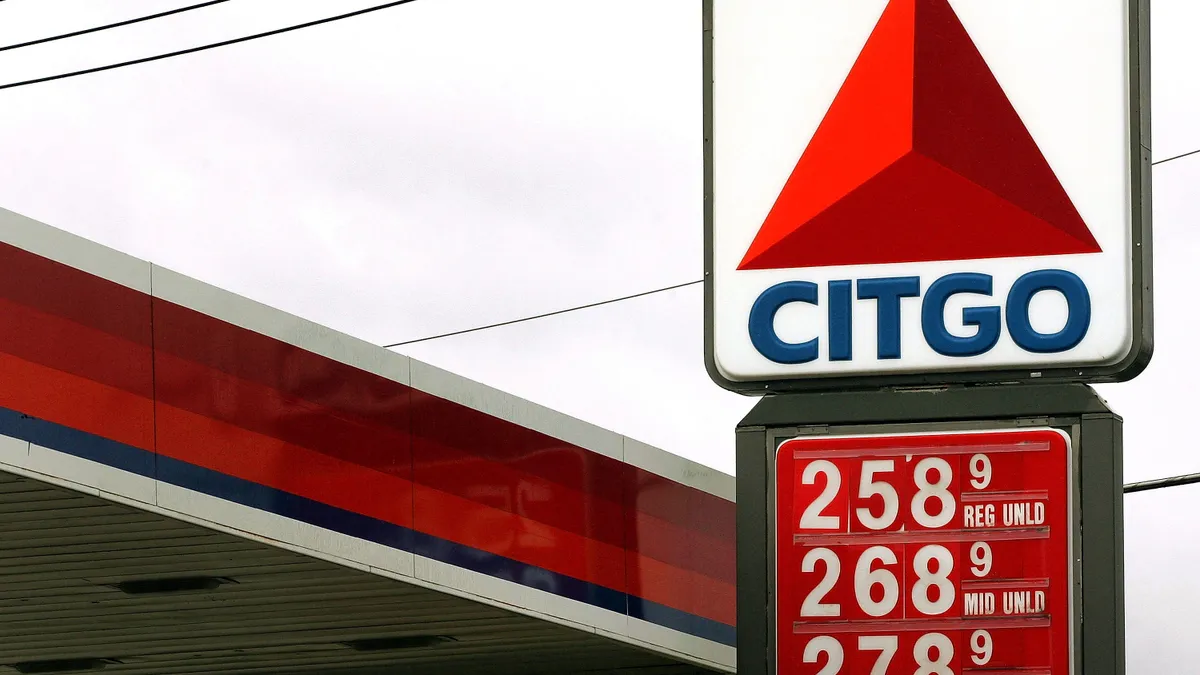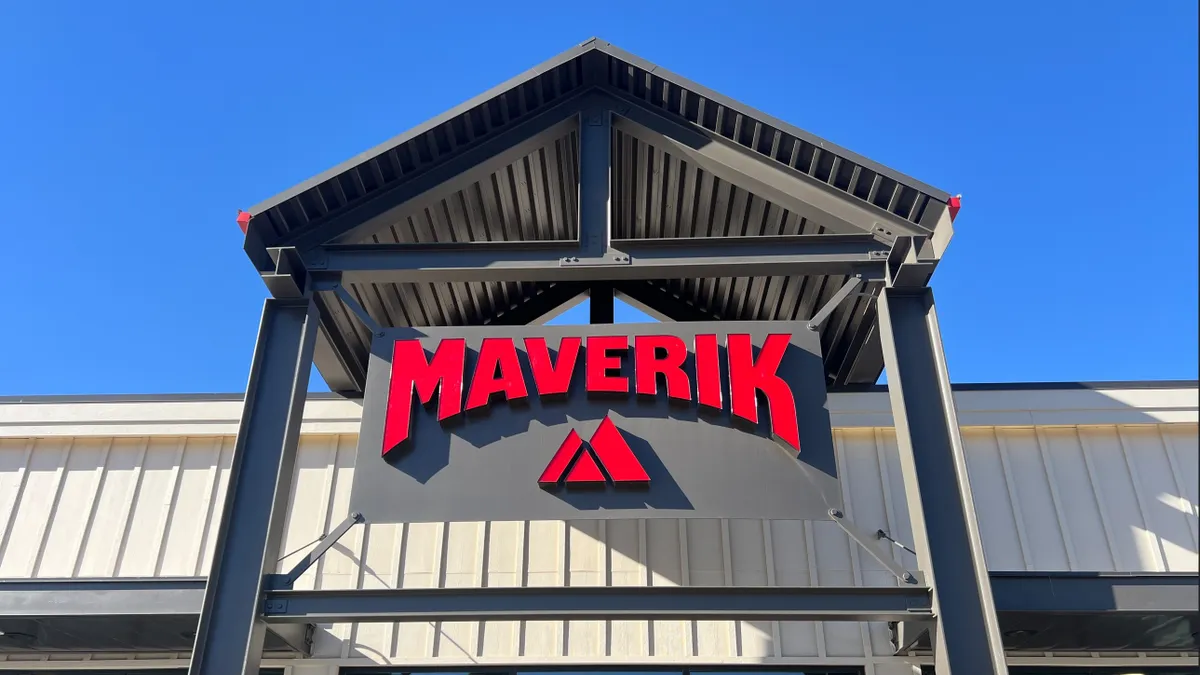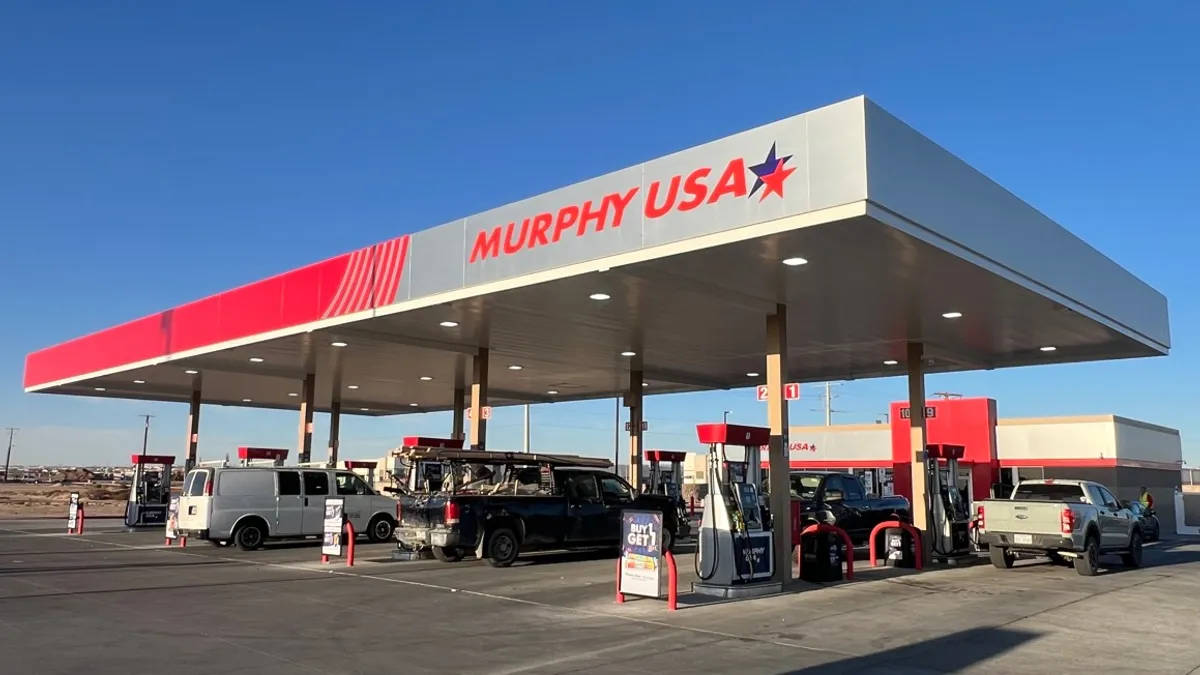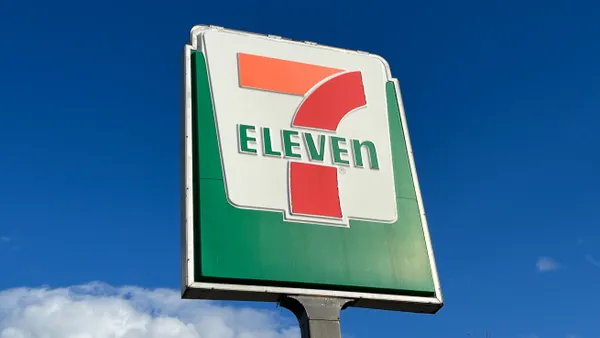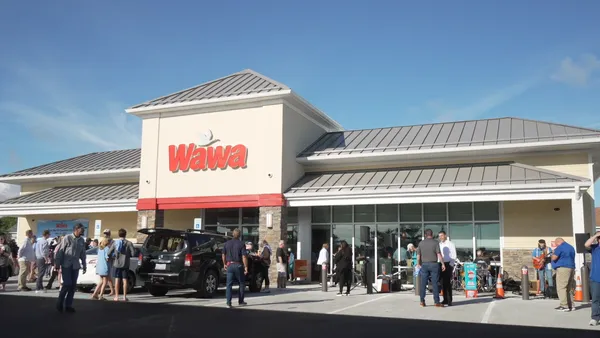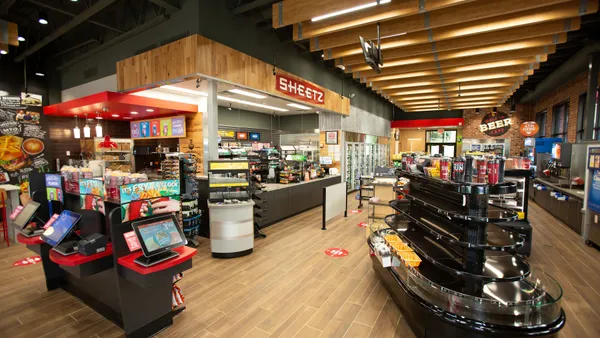Dive Brief:
- Venezuela continues to oppose a court-ordered auction of shares in Citgo Petroleum Corp., Reuters reported on Tuesday. However, it’s not clear if that will affect proceedings.
- The state-owned oil giant is in the crosshairs as Venezuela’s creditors seek to recoup some of their money. At least 20 of these creditors have filed to take part in the auction, currently scheduled for Oct. 23, according to the report.
- Venezuela’s National Assembly formally rejected the auction in May and representatives legally objected to the auction process in July, but the court overruled the objection. “The Venezuela Parties' objection is utterly unpersuasive, particularly in view of the lengthy history of this case,” said U.S. District Court Judge Leonard P. Stark.
Dive Insight:
If the auction goes as planned, Citgo’s shares will be split up among companies like miner Crystallex International, and fellow oil companies ConocoPhillips and ExxonMobil, by July 15, 2024.
Collectively, the creditors are “claiming more than $10 billion from expropriations and debt defaults” according to the Reuters report, while Citgo is worth between $10 billion and $13 billion.
Stark allowed the auction process to go forward even without knowing the “total claim pool.”
The U.S. granted control of Citgo to Venezuelan opposition leaders in 2019 during a pressure campaign against President Nicolás Maduro, while also imposing sanctions that “prohibited bondholders and other creditors from foreclosing on the company,” according to a report from The Wall Street Journal, and CITGO’s leadership considered filing for bankruptcy as a way to protect its assets.
But in May, the U.S. said it would no longer stand between Citgo and its creditors.
Headquartered in Houston, Citgo has a retail network of over 4,200 independently owned and operated stores east of the Rockies. In addition, the company owns refineries in Lake Charles, Louisiana; Corpus Christi, Texas; and Lemont, Illinois, along with a broad distribution network with 30 refined product terminals, joint ownership of another eight terminals and equity interest in four more.



